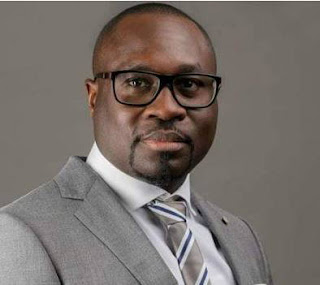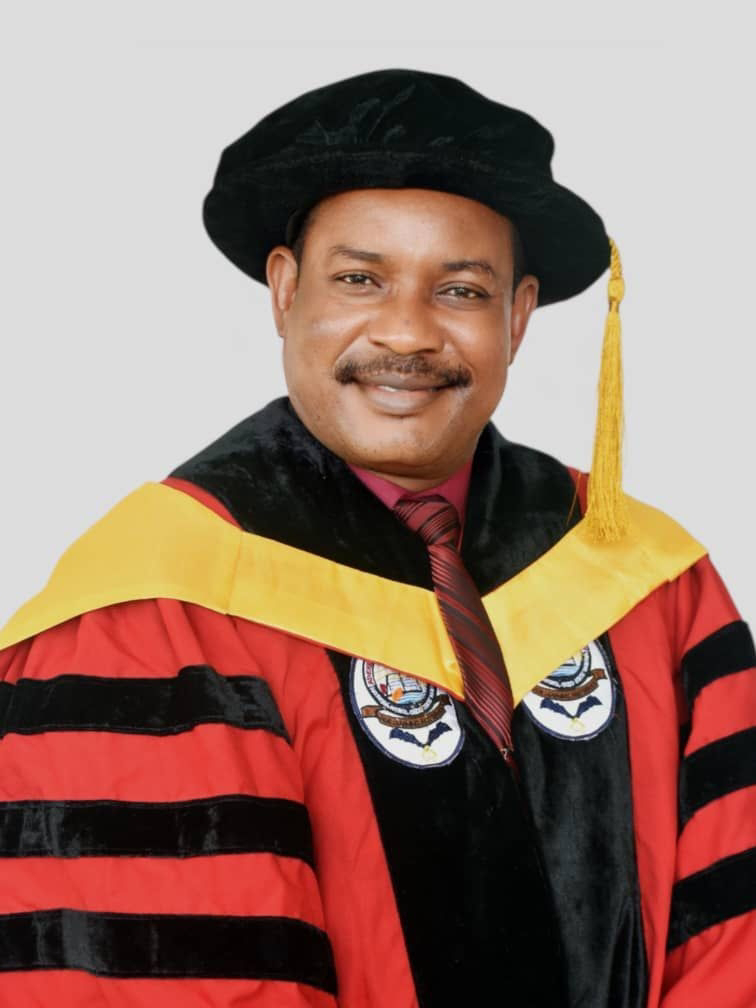The Deputy Director of the Federal Capital Territory Administration (FCTA) in charge of Regulatory and Monitoring Control, Mrs. Ezeador Inkechinyere, has disclosed that the administration will partner with the private sector to establish a committee that will ensure boreholes and well water are properly treated for safe consumption across households.
She made the disclosure while delivering her keynote address at the 2025 International Water Quality Conference organised by Rite Place Health in Abuja.
Mrs. Inkechinyere stressed that water is life, but only if its quality is guaranteed, noting that the central purpose of the gathering was to develop policies that will ensure clean water for Nigerians.
The former Vice Chancellor of Nnamdi Azikiwe University, Awka (UNIZIK), Prof. Charles O. Esimone, lamented that more than 60 million Nigerians still lack access to clean water.
Prof. Esimone, in his keynote address on the theme “Beyond Access, Quality Matters: Innovative Community-Based Approaches to Waterborne Disease Eradication,” emphasised that deliberate government action, in partnership with the private sector, is required to formulate strong policies that will guarantee effective treatment of water supply for public consumption.
He explained that while Nigeria often celebrates the provision of new boreholes, pipes, and treatment plants, quality remains a serious issue. “Access without quality is an illusion. The global water crisis is not only about quantity; it is about quality, because every drop matters—but every drop must be safe,” he stated.
The professor warned that many households rely on boreholes and sachet water, yet multiple studies by NAFDAC and the Federal Ministry of Health reveal high levels of microbial and chemical contamination. Heavy metals such as lead, arsenic, mercury, and cadmium, he noted, have been linked to kidney failure, neurological disorders, and cancers.
According to him, unsafe water silently fuels a triple burden of disease—infections like cholera and typhoid, chronic illnesses such as chronic kidney disease, and economic losses due to healthcare costs and lost productivity. He stressed that waterborne diseases remain among the top five killers of children under five in Nigeria, while many pupils miss school because of diarrhoeal disease outbreaks or the daily burden of fetching water.
Convener of the conference, Pharm. Chukwumezie O. Okolo, highlighted that the purpose of the event was to ensure that communities, not just individuals, gain access to safe and quality water, which he said could eliminate up to 80 per cent of waterborne illnesses such as typhoid.
He maintained that access to water should not only be measured by availability but by quality, describing it as a basic right that Africans have been denied. He further urged the federal government to take greater responsibility, instead of leaving clean water provision entirely to states and local governments.
According to him, “In the FCT, probably 40 per cent of residents have access to quality water, but the pipes conveying this water are worn out. By the time it reaches households, contamination often occurs through broken pipelines. We are calling for an overhaul of the entire water channel system.”
Pharm. Chukwumezie praised the Minister of the FCT, Barr. Nyesom Wike, for the commissioning of the Usuma Dam, describing it as a proactive step towards ensuring safe water supply.
Also speaking, guest speaker Dr. Agnes Atim, a Member of Parliament from the Republic of Uganda, urged African leaders to enact laws that would guarantee safe water consumption.
According to her, “The issue of access to quality water is not peculiar to Africa, but it is particularly dire here. The quality of our water is a serious challenge, and one of the key pillars of rural development must be access to safe and clean water.”








